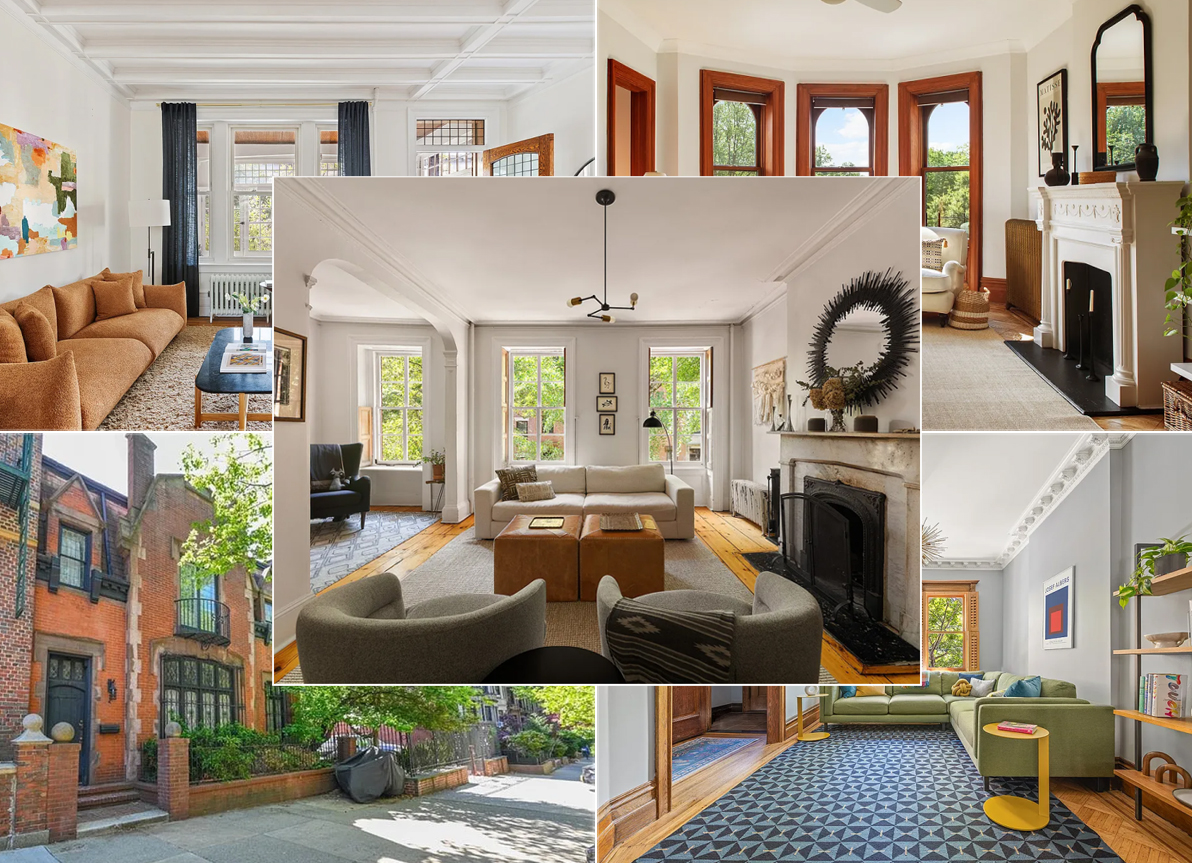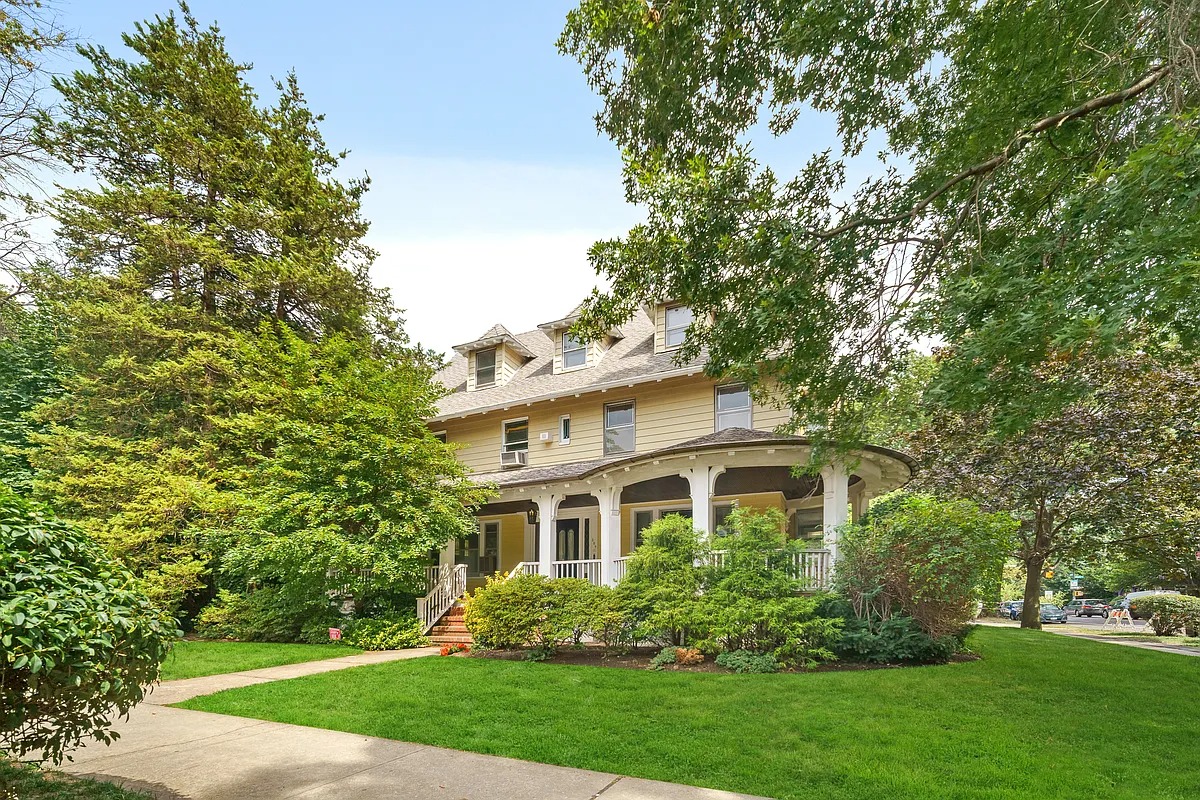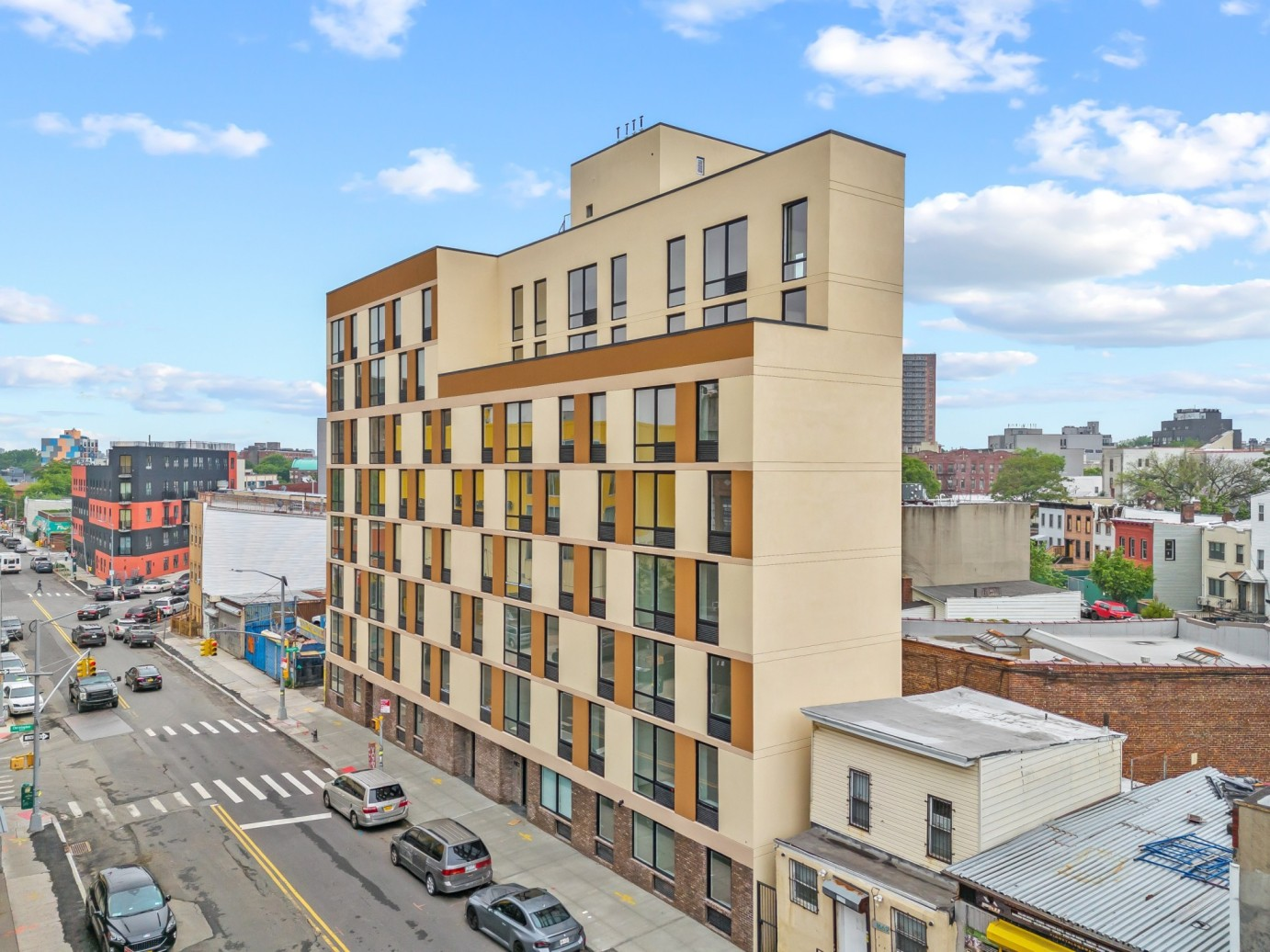HUD Official Speaks the Unspeakable: Selling The Projects
As we’ve mentioned before, rumors about the privatization of certain public housing projects in parts of rapidly gentrifying areas of Brooklyn have been circulating for a couple of years. Most recently, we wrote about the theory that the Ingersoll and Whitman Houses in Fort Greene were being emptied in anticipation of such a move; it’s…


As we’ve mentioned before, rumors about the privatization of certain public housing projects in parts of rapidly gentrifying areas of Brooklyn have been circulating for a couple of years. Most recently, we wrote about the theory that the Ingersoll and Whitman Houses in Fort Greene were being emptied in anticipation of such a move; it’s also not hard to imagine something similar happening at the Farragut Houses, given their close proximity to Dumbo, the most expensive neighborhood in Brooklyn. Given what a politically and emotionally charged issue this is, however, no public official has ever said anything in its favor, as far as we know. But, on Tuesday, Sean Moss, the regional administrator for the federal Housing and Urban Development Department, went out on a serious limb. In light of the New York Housing Authority’s dismal financial position (an annual shortfall of $200 million), he said, selling public housing buildings in the most upscale areas could make sense. “It may displace some people, and that is a concern,” Moss said. “That is not necessarily a bad thing if you can create more housing [elsewhere] with that.” We’ll see whether political pressures force him to backpedal in the coming days.
Feds Eye NY Building Sale at Housing Projects [NY Daily News]
Bye Bye Public Housing, Hello Luxe Condos? [Curbed]
What’s Really Going on at the Ingersoll Houses? [Brownstoner]





i think cities do best with socioeconomic integration. displacing the improverished, and putting them in concentrated areas increases crime, poverty, race-hostility, etc., and is unltimately bad for everyone in the city.
b.
Will NEVER happen – but if they were to do it, the fair way would be to sell apartments to the best and most qualified tenants with subsidiezed loans and then sell development rights (inc. 421.a (on parking lots for example) and other units at market rate – use part of the $ to upgrade buildings and other part to bail out NYC Housing.
Thereby creating mixed communities
BTW – Will NEVER happen
This is an idea well worth considering. I live near in Boerum Hill which has both the Gowanus Houses and Wykoff Gardens. While the surrounding neighborhood has improved substantially over the past 15 years, the Housing Authority has done nothing to make these properties better. The properties have minimal landscaping and recreation and are surrounded by marginal retail (is it so hard to get a decent super-market operator close by?). If the City isn’t committed to making the properties better they should sell them and share the proceeds with the residents.
There are plenty of places to move these people. No one has a right to live in NYC and the burden of caring for the indignant should not fall on the residents of this alone. Look at what Chicago did – they moved their public housing residents all around Cook County. It’s time every community in the metro area accepts their responsibility to care for the poor as well.
Also, this will help the poor. The ghetto culture will be broken, and these people will grow up in communities that are not exclusively poor. They will have proper role models, and will be less likely to be criminals and unproductive members of society.
More than anything else, poverty is caused by antisocial cultural mindsets. Housing projects create ghettos that only reinforce these antisocial tendencies. So far, it’s been a great success where it’s been tried.
“That is not necessarily a bad thing if you can create more housing [elsewhere] with that.”
(elsewhere)This is “BS” Where the hell will they move all of these displaced families to? where is the space with just about every nabe in Brooklyn gentrifying, Sad to see the rich getting richer and the poor getting worse,,,
thank you gman, for your measure, insight, and clarity.
Regional Administrator Moss made an observation about a POSSIBLE way to raise funds for NYCHA, which is currently facing a dire financial situation. I suggest looking to NYCHA’s very limited use of the HOPE VI program as evidence of how the local housing authority thinks about removing units from its portfolio. Be it Whitman, Ingersoll or the Robert Fulton Houses in Chelsea, NYCHA has consistently stated that it has no plans to privatize any of its developments. I strongly suggest that people should not make too much out of a federal official speaking conceptually, and certainly not on the kind of geographically specific basis that Brownstoner does above.
I have been hearing this rumor about the Fort Greene houses for over fifteen years. It has a detrimental, unsettling affect on the residents of the development and the broader community as well. I cringe when I think of the comments that will inevitably appear below.
its about time.
finally someone willing to correct a huge mistake in urban planning
chicago f’ed up with cabrini green, saw the light years ago and “displaced” it’s residents to different locales…it can and SHOULD be done here.